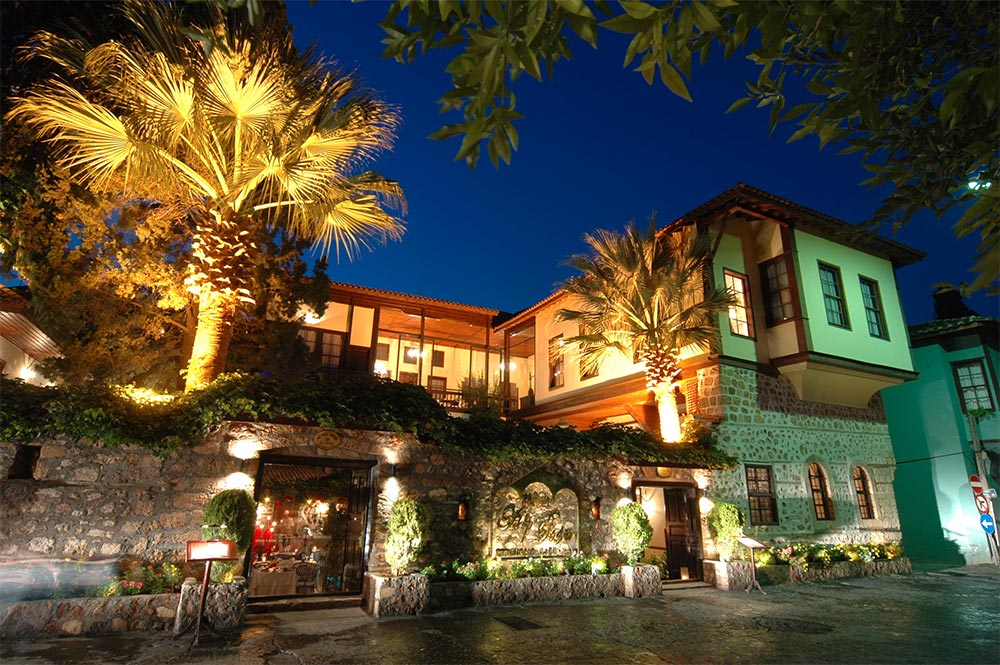What Makes a Hotel Boutique?
The term “boutique hotel” has been widely used in recent years, but what does it mean and why should you stay in one?
There are lots of companies that claim to specialise in boutique hotels. For many, a boutique hotel is simply one that’s not part of a national or international chain and that distinguishes itself by its design, location or additional features. Many hotels aspire to be a boutique hotel without actually achieving it. Overall, there are four main elements to the true boutique hotel:
Size
Large hotels can be cool, trendy and chic, but they can’t be boutique. Just as the word is used to describe small, design-led specialist shops, so it applies to hotels. Hotels that apply the term “boutique” to themselves or have it ascribed to them are usually small – certainly less than 50 rooms and in some cases with only one or two. Their size contributes to the atmosphere and service that characterises a hotel with a difference. Whilst size might count in terms of the number of rooms, it doesn’t follow that those rooms must also be small. In fact, a hotel than could easily accommodate 20 rooms might choose instead to create just ten, but make them spacious and luxurious, catering to the boutique market.
Design
When the first boutique hotel was opened in New York in 1984, by hotel entrepreneurs Ian Schrager and Steve Rubell, it was praised for its original design and quirky nature. Designed for those who really wanted to participate in their travel rather than passively take it all in, Morgans, and those that followed it, challenged the way we thought about hotels. Although Schrager would not now describe his hotels as boutique, the name has been applied to those hotel who followed in his footsteps as far as design is concerned. From clean and contemporary to themed rooms and classic elegance, a boutique hotel must have a clear design theme and attention to detail.

Service
The hallmark of an excellent boutique hotel is its service. Whether the hotel chooses to assign a personal butler to each guest, or just hires and trains staff to anticipate your every need, the service at a boutique hotel is really what it should be at any hotel: ensuring that your stay goes without a hitch, that you can get transport, opera tickets or excellent meals when you want them and making you feel at home rather than feeling like you’re a nuisance.

Boutique hotels are scattered all over the world, from 24-hour cities like New York, London and Rio De Janeiro to island havens in the Indian or Pacific Oceans. What often sets them apart are the buildings that contain them. From former plantation houses to old textile mills, towers and palazzos, the type of building often forms the basis of the design and it is the blend of architecture, design and service that turns what could be just another hotel into a boutique one.
Latest travel guides
Planning Is the Key to Happy Traveling
Like all other things, planning plays a key role for a successful and happy traveling experience. Here are some important travel tips that could help you plan and enjoy your holidays.
Why You Should Travel Young
Traveling is simply a brutality of humanity, it is when we travel that we see things for what they truly are and not how we imagined them to be.
5 Great Tips to Stop Travel Anxiety
While most of us enjoy holidays and traveling, many find the associated travel anxiety tough to bear. Travel anxiety isn’t a disease but it is rather the fear of the unknown.
Why Traveling Makes Us More Creative
Traveling is a wonderful hobby for millions of people across the globe. This also provides various advantages to people. Here’s why traveling is important.





